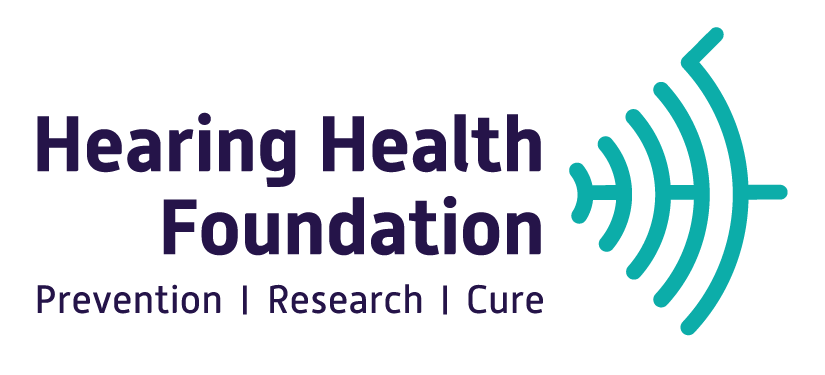This data in aging mice strongly suggests that topical or oral nicotine or nicotine-like substances may be profoundly beneficial for aging humans with central auditory processing disruptions.
My Life Living—and Learning—With an Auditory Processing Disorder
There is no consensus on “what” causes this condition, but genetics can be a factor (which is most likely the source of my APD). But on the plus side, I am a great problem solver, out-of-the-box thinker, and good with numbers and databases.
Why Children With Autism May Experience Auditory Sensory Overload
The successful navigation of complex everyday environments with multiple sensory inputs—such as restaurants, busy streets, and other social settings—relies on the brain’s ability to organize the barrage of information into discrete perceptual objects on which cognitive processes, such as selective attention, can act.
How I Cope When They Can't See That I (Sometimes) Can't Hear
I said, “I have a hearing problem. I couldn’t catch what you said. Please can you look this way and repeat that?” It’s amazing how this combination inspires an appropriate and thoughtful response. I almost always find people are pleased to accommodate the differently abled, once you’ve given them the information they need.
Impact 2021
Hearing Health Foundation is grateful for the support of our community to advance our mission to find better treatments and cures for hearing loss, tinnitus, and related conditions in 2021. We’re proud to share this list of significant scientific achievements this past year.
Autism-Related Language Difficulties Tied to Involuntary Attention Capture
We examined data from individuals with autism spectrum disorder (ASD) and typically developing (TD) peers while they listened to both meaningful and meaningless sentences. ASD individuals show significantly stronger cortical responses to meaningless compared with meaningful speech in the same canonical language regions where TD individuals exhibit stronger responses to meaningful speech.
3D-Printed Tumor Guides Brain Surgery for Vestibular Schwannoma
Published in the journal Otology & Neurotology in June 2021, our study details a new, 3D-printed, patient-specific tumor model for quantitatively assessing the accuracy of facial nerve tractography in vestibular schwannoma patients.
2020-2021 Emerging Research Grants Recipients Announced
Starting with this 2020–2021 ERG cycle, HHF is increasing the available annual amount per project to $50,000 and will also make grants renewable for a second year. We look forward to learning about the advances these promising researchers will undoubtedly make in the coming year and beyond.
What Auditory Processing Disorders Are Really All About
I expand on the information presented, clarify issues, and ensure that readers obtain an appropriate understanding of what auditory processing disorders are really all about, how they are appropriately evaluated, and how specific treatments are identified for the different types of auditory processing disorders (APD) that may be found in a child.
Register for the Inaugural Hearing Health Hour Webinar
On Monday, October 26 at 5 PM EDT, Hearing Health Foundation (HHF) will host its first Hearing Health Hour event on Zoom. Presented quarterly, Hearing Health Hour is a lay-friendly webinar series about managing hearing loss and related conditions and research updates presented by Emerging Research Grants (ERG) recipients.


